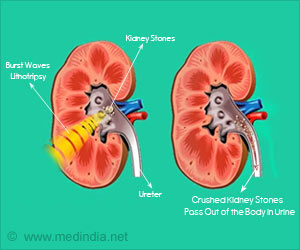A new study that spaceflight experiences, especially longer missions and shorter breaks between missions, can cause changes in the fluid levels in the brain.

Impacts of spaceflight experience on human brain structure
Go to source). Spaceflight induces widespread changes in the human brain including ventricle volume expansion, but it is unclear if these changes differ with varying mission duration or number of previous spaceflight missions. Rachael Seidler and colleagues scanned the brains of 30 astronauts using MRI, pre- and post-spaceflight, including those on two-week missions (eight astronauts), six-month missions (18 astronauts) and longer (four astronauts). They found that longer spaceflight missions resulted in greater ventricular enlargement, which tapered off after six months in space.
Astronauts May Need More Than 3 Years Between Spaceflights
The authors found that for 11 astronauts who had more than three years to recover in between missions, there was an associated increase in ventricle volume after their most recent mission. However, the authors found that in seven astronauts who had a shorter recovery time in between missions there was little to no enlargement of the ventricles post-flight compared to pre-flight. They propose that less than three years between spaceflights may not be enough time to allow ventricles to recover their compensatory capacity to accommodate the increase in intracranial fluid and they remain enlarged when the astronauts return to space within this time frame.‘The researchers conducted MRI scans on 30 astronauts before and after their spaceflights. They discovered that longer missions in space led to increased enlargement of the ventricles in the brain. However, they also observed that this enlargement started to decrease after six months in space. #Spaceflight #Astronauts #Brain
’





As spaceflight becomes more frequent and of longer duration, the findings provide insight into how spaceflight experience, both previous and current, may influence brain changes. The authors conclude that their findings can help to improve guidance for future mission planning.Reference:
- Impacts of spaceflight experience on human brain structure - (https://www.nature.com/articles/s41598-023-33331-8)
Source-Eurekalert














